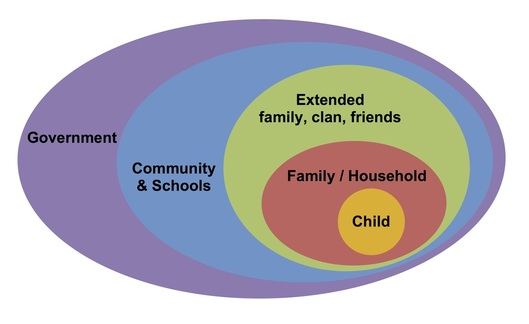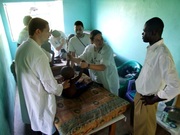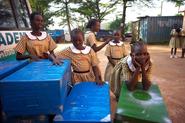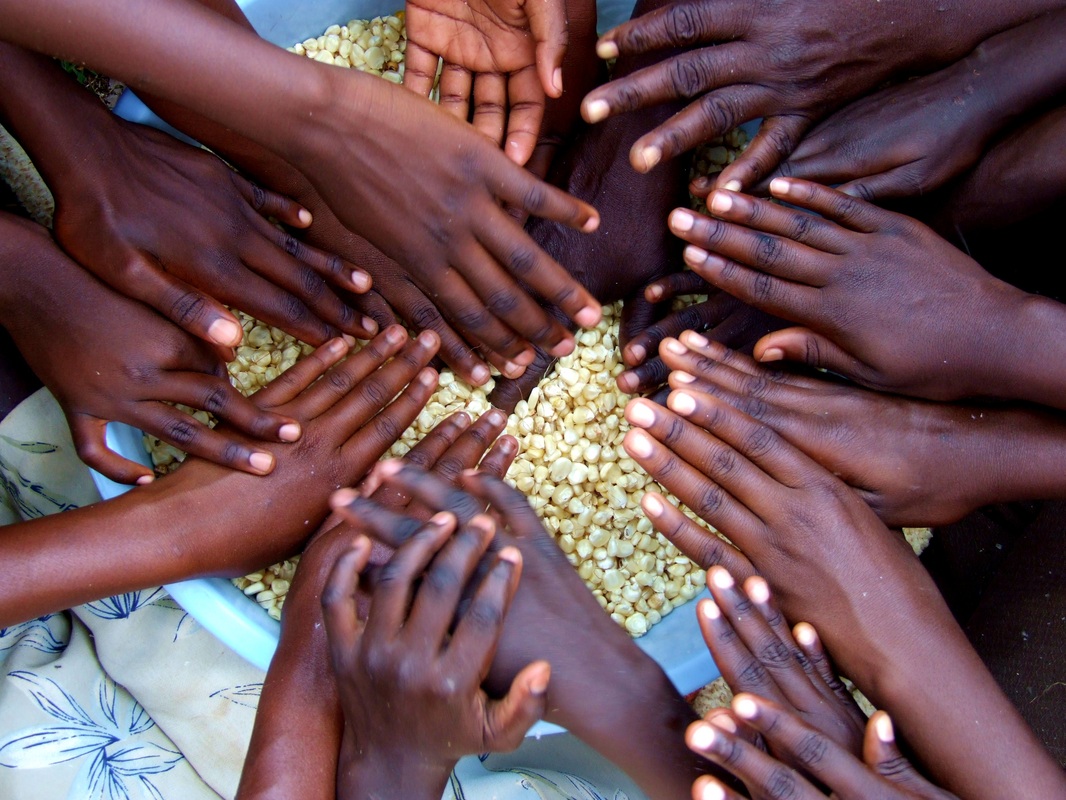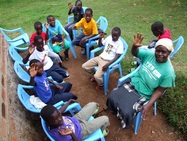Our Approach
Our work is….
Levels of Intervention |
Working with Local Partners
Creating solutions to improve the lives of orphans and vulnerable children takes strong partnerships and innovative ideas to find effective, resourceful and community-based solutions. To this end, we partner with local grassroots communities in developing countries.
Partnership Criteria
In evaluating community-based organizations with which we partner, we use the following guidelines:
Field visits
Before we make a partner and project decision, one or more of our field representatives visit the potential partner and the community to see the organization’s work first-hand, and to establish a solid relationship.
Field representatives assess:
The field representative meets with programme staff, members of the board, and conducts one-on-one meetings with beneficiaries. The field visit is also an important opportunity to foster an open, trusting and responsive relationship.
Partnership Criteria
In evaluating community-based organizations with which we partner, we use the following guidelines:
- The organization has strong connections to the community
- The local community served is involved in planning and implementing projects
- The organization's governance and leadership structures are solidly in place
- There is a sound management structure
- The organization is able to manage funds
- Women have leadership roles
- Beneficiaries do not face discrimination (including ethnicity, gender, religion, etc.)
- Funded project must be income-generating and self-supporting
Field visits
Before we make a partner and project decision, one or more of our field representatives visit the potential partner and the community to see the organization’s work first-hand, and to establish a solid relationship.
Field representatives assess:
- The organization’s ability to implement the project
- The organization’s governance and leadership structure
- The financial management systems
- The budgets and programmes
- Its connection to the community
The field representative meets with programme staff, members of the board, and conducts one-on-one meetings with beneficiaries. The field visit is also an important opportunity to foster an open, trusting and responsive relationship.
